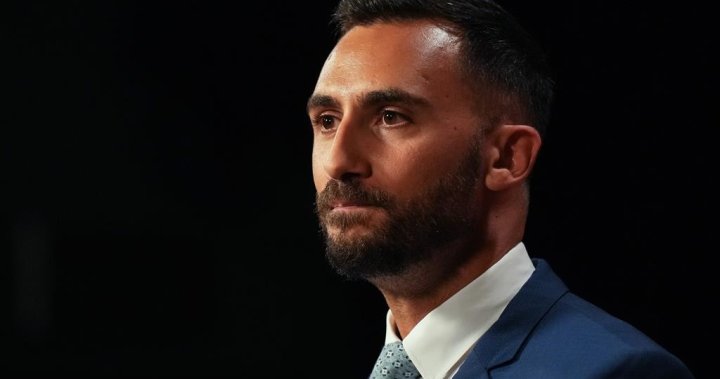Ontario is set to implement a new way of funding the national $10-a-day child-care program by 2025. Child-care centres, including the YMCA, have been advocating for a funding formula that covers the actual costs of providing care rather than just replacing lost revenue from discounted fees. The province has assured operators that the new structure will be in place for next year, providing much-needed certainty for the industry. This move is aimed at keeping operators in the system to continue offering affordable child care to families.
In the past, child-care centres typically raised parent fees to cover rising expenses. However, operators who signed on to the national program had to freeze their fees, leading to a gap in the government’s revenue replacement model. Many operators had voluntarily frozen fees even before the pandemic, further impacting their financial sustainability. The government’s current inflation rates do not adequately cover the actual costs of providing child care, according to some operators. To address this, the province has allocated over $98 million this year for emerging issues when operators struggle to cover essential costs such as rent increases.
The YMCA of Greater Toronto has expressed support for the new funding formula, emphasizing the need for long-term sustainability in the child-care system. The Chief Operating Officer believes that the changes will allow providers to continue delivering high-quality child care under the $10-a-day system. While the delay in implementing the new funding model is disappointing, operators understand the complexity of the change and the importance of getting it right to support the industry’s future. The new cost-based funding approach is expected to address legitimate costs and incentivize the provision of higher quality child care services.
The province has been working towards a cost-based funding formula since 2022, with initial plans to implement it in 2023. After releasing a discussion paper in 2023 for a new formula in 2024, the ministry has now confirmed that the new funding approach will be in effect from January 2025 onwards. Operators are eager to receive details about the new formula, hoping that it will cover all legitimate costs of running a child-care centre, including additional expenses for special needs children and services in remote areas of the province. This stability and predictability will enable operators to plan for the future, create more spaces, and ensure a solid funding scheme for child-care programs, according to advocates in the sector.
Overall, the move to a cost-based funding formula is seen as a positive step towards ensuring the sustainability of the child-care system in Ontario. The government’s commitment to providing certainty to operators and addressing their legitimate costs aims to keep child-care centres open and accessible to families. By implementing a revised funding structure that covers the actual expenses of providing care, the province hopes to create a more stable and reliable child-care sector. The focus is on supporting operators to deliver high-quality child care services, especially in challenging circumstances such as the ongoing pandemic.


